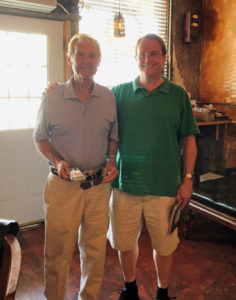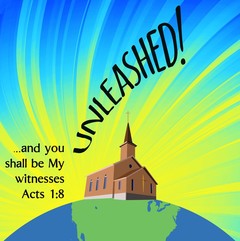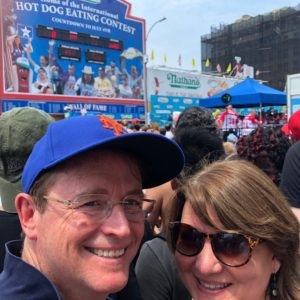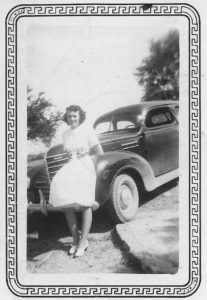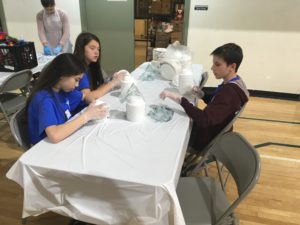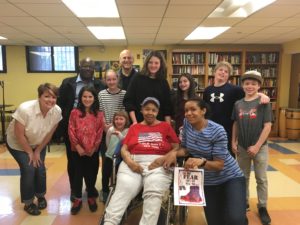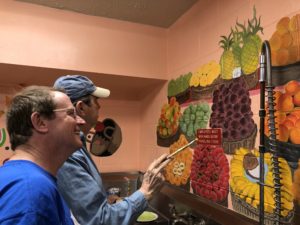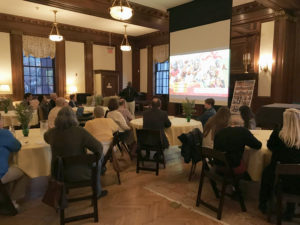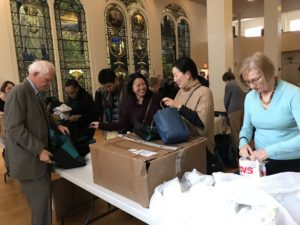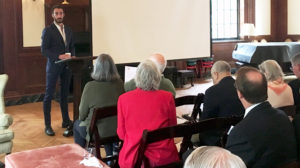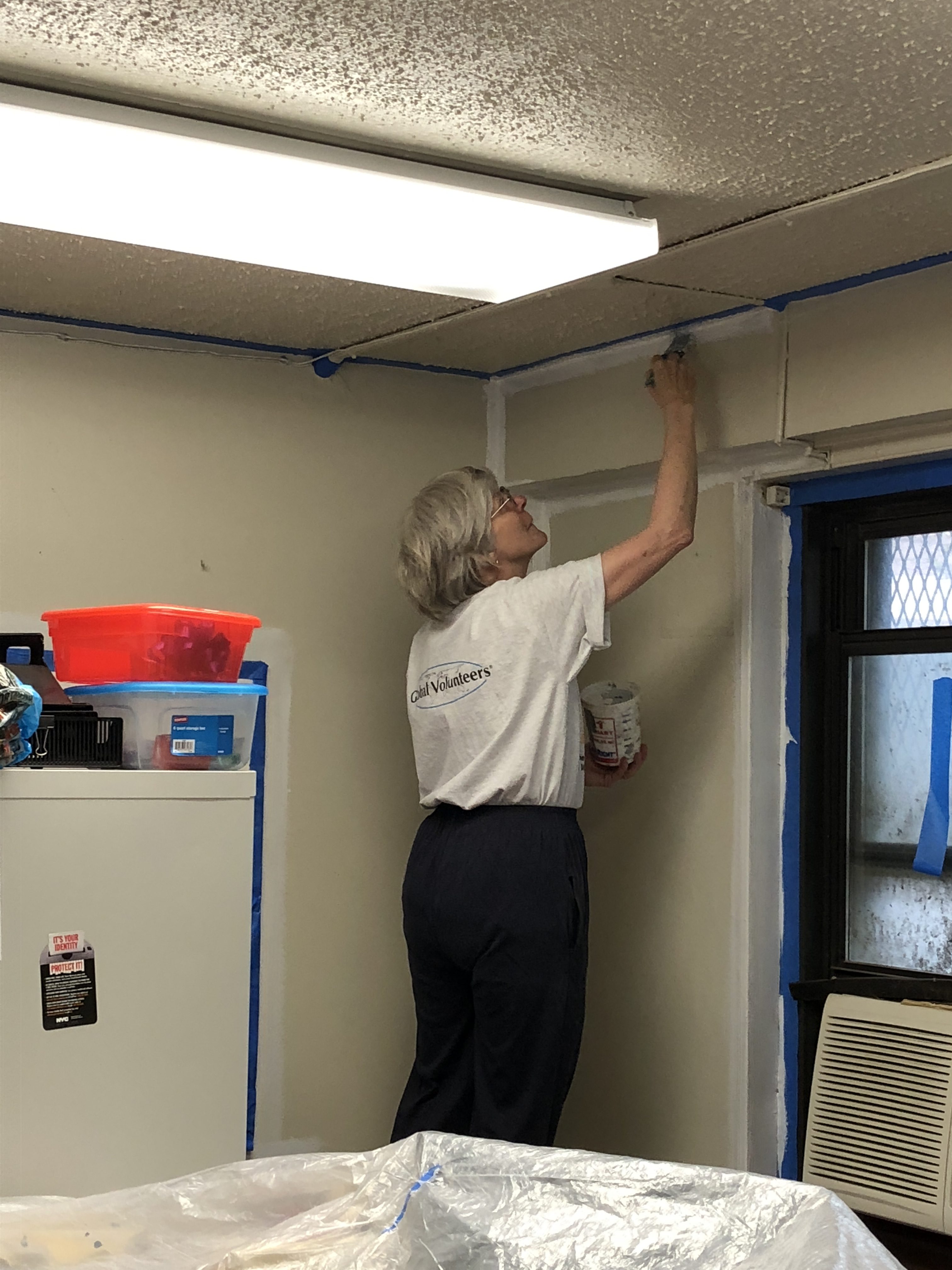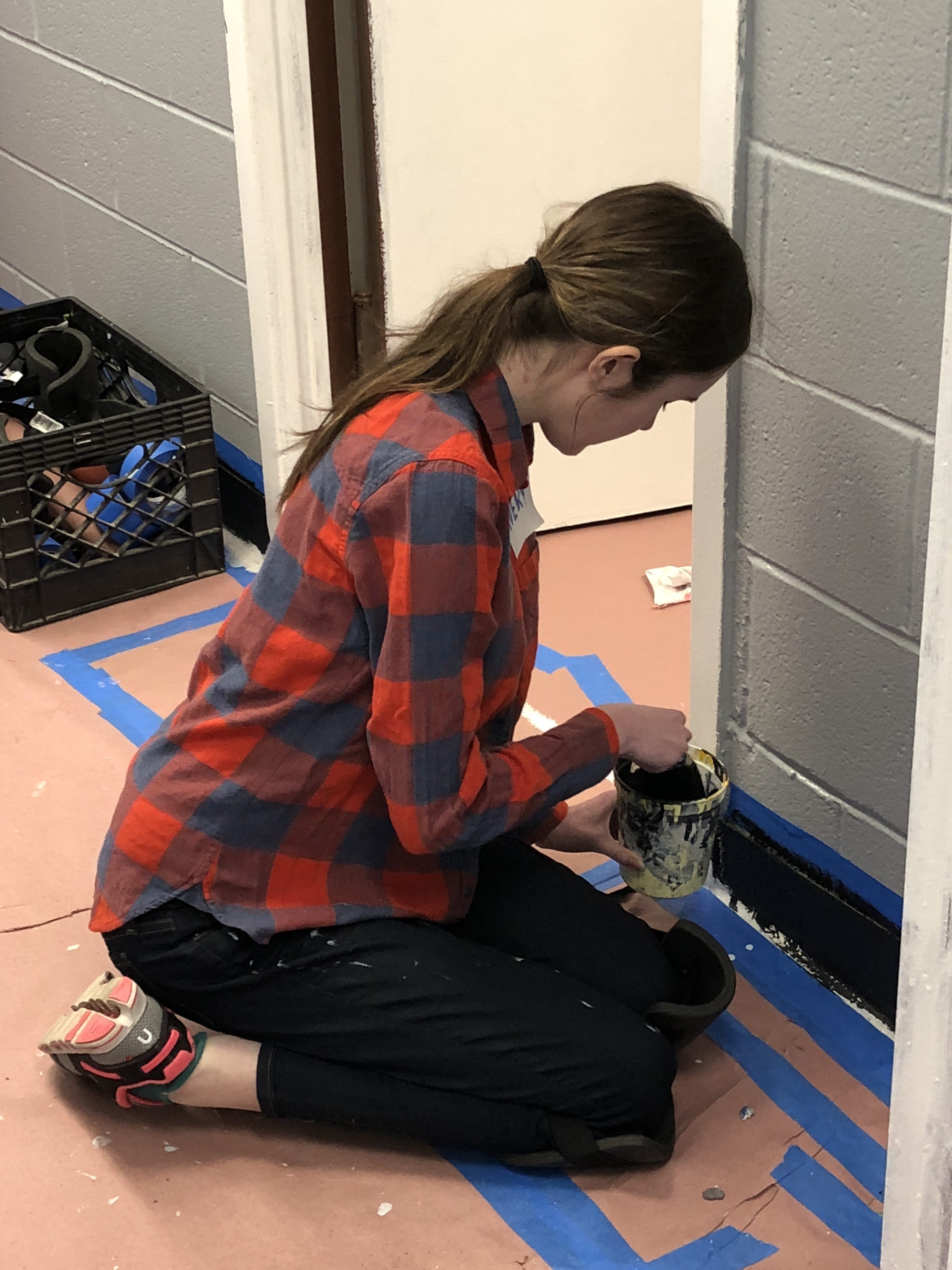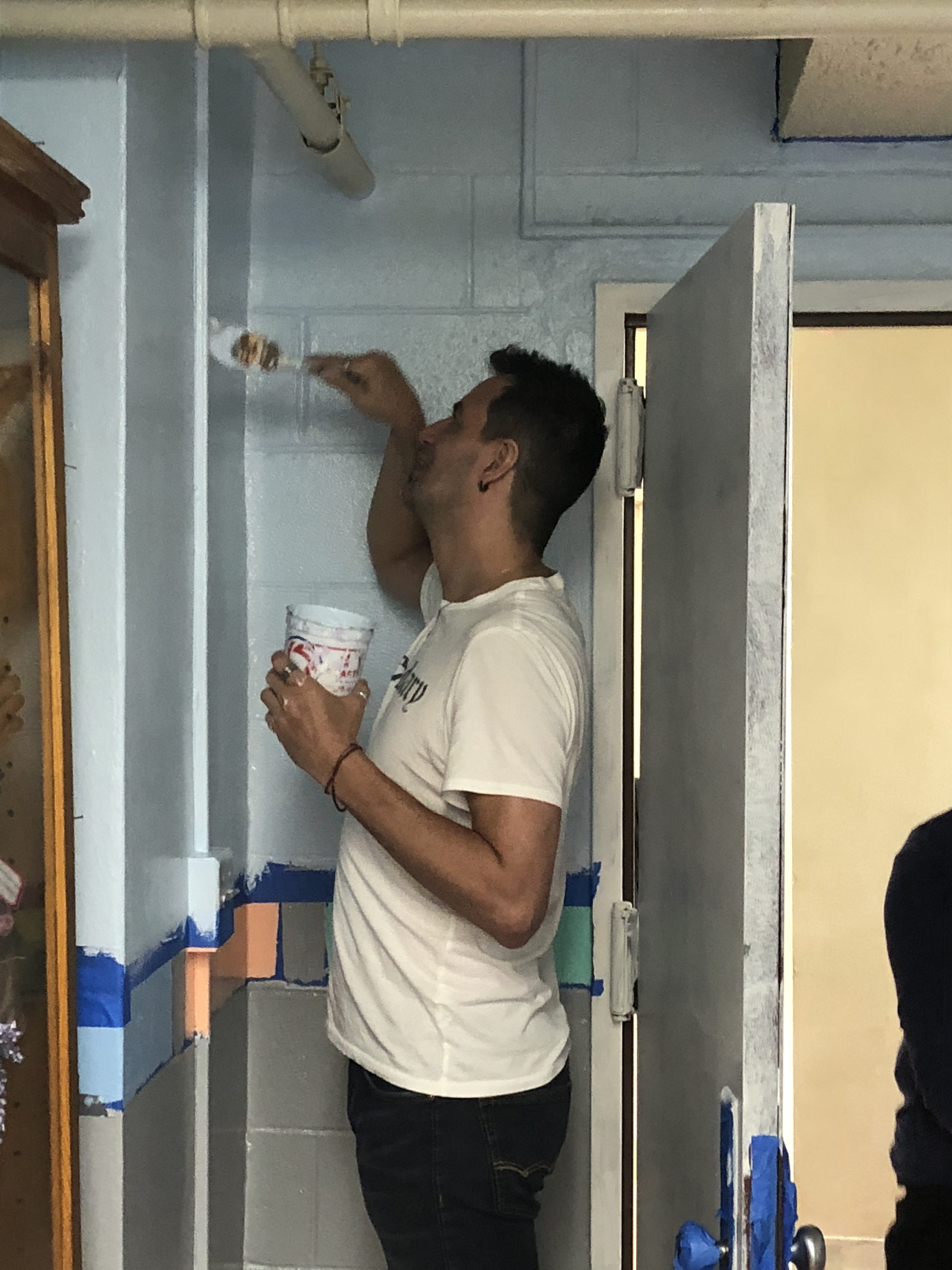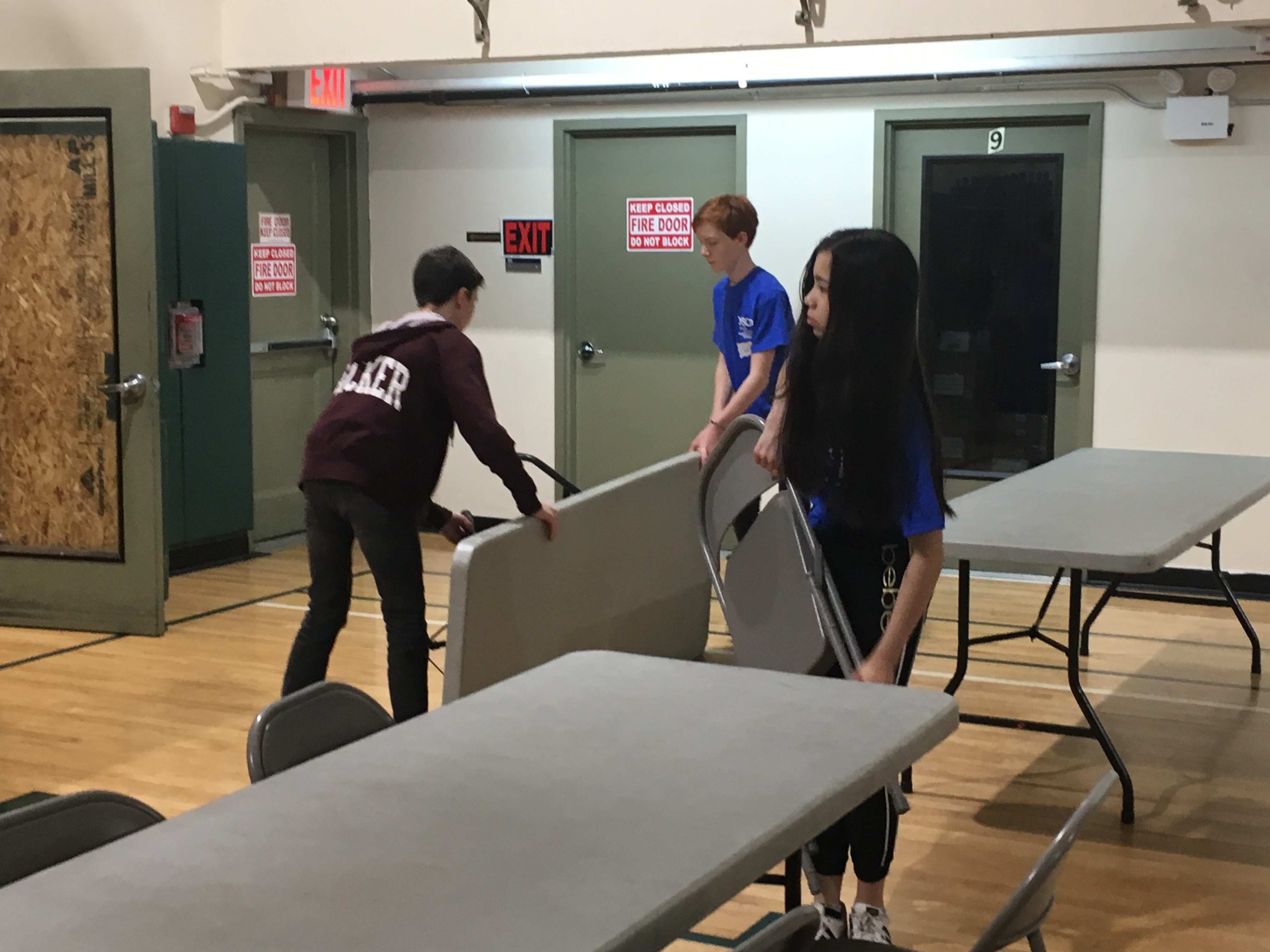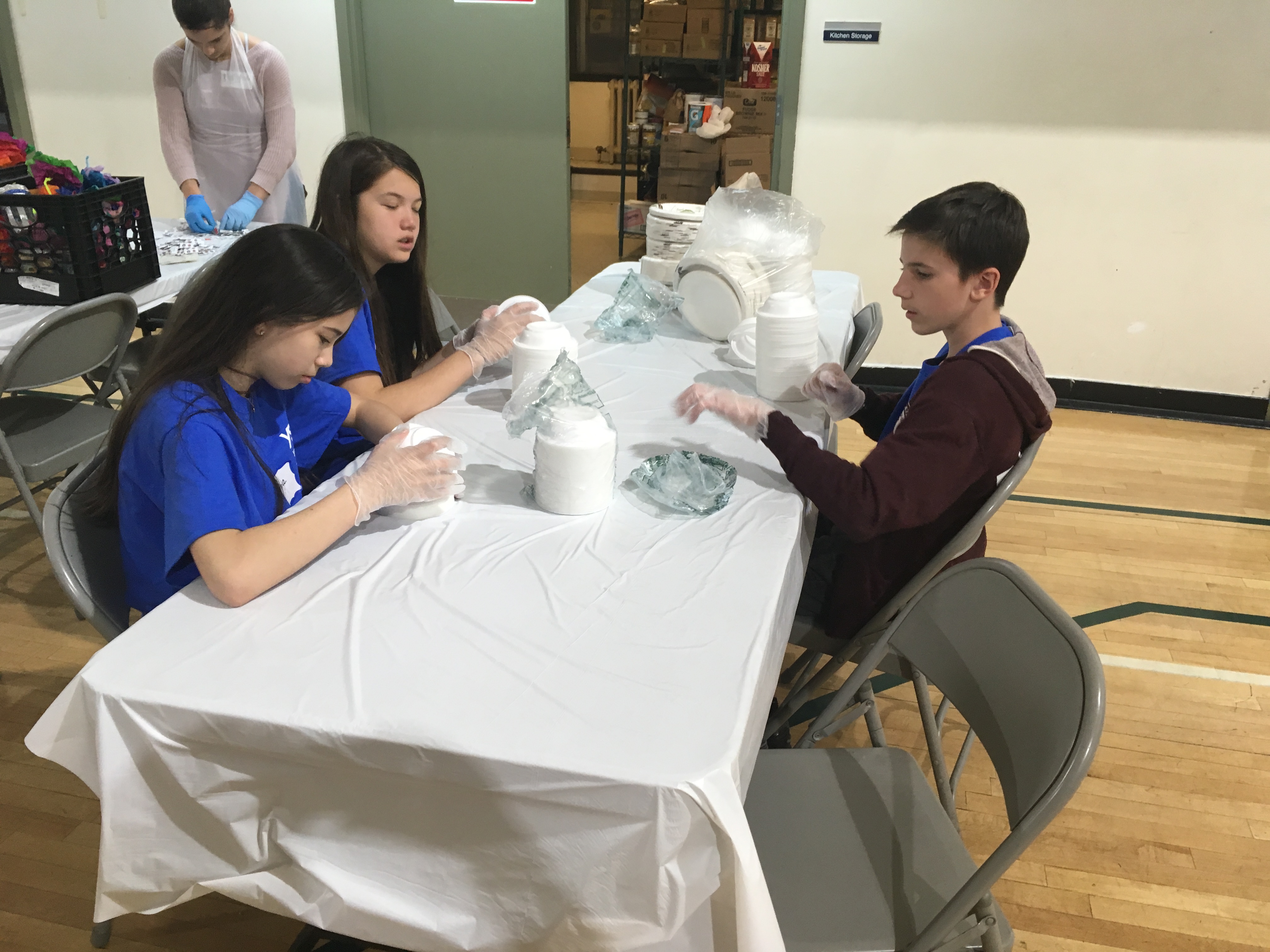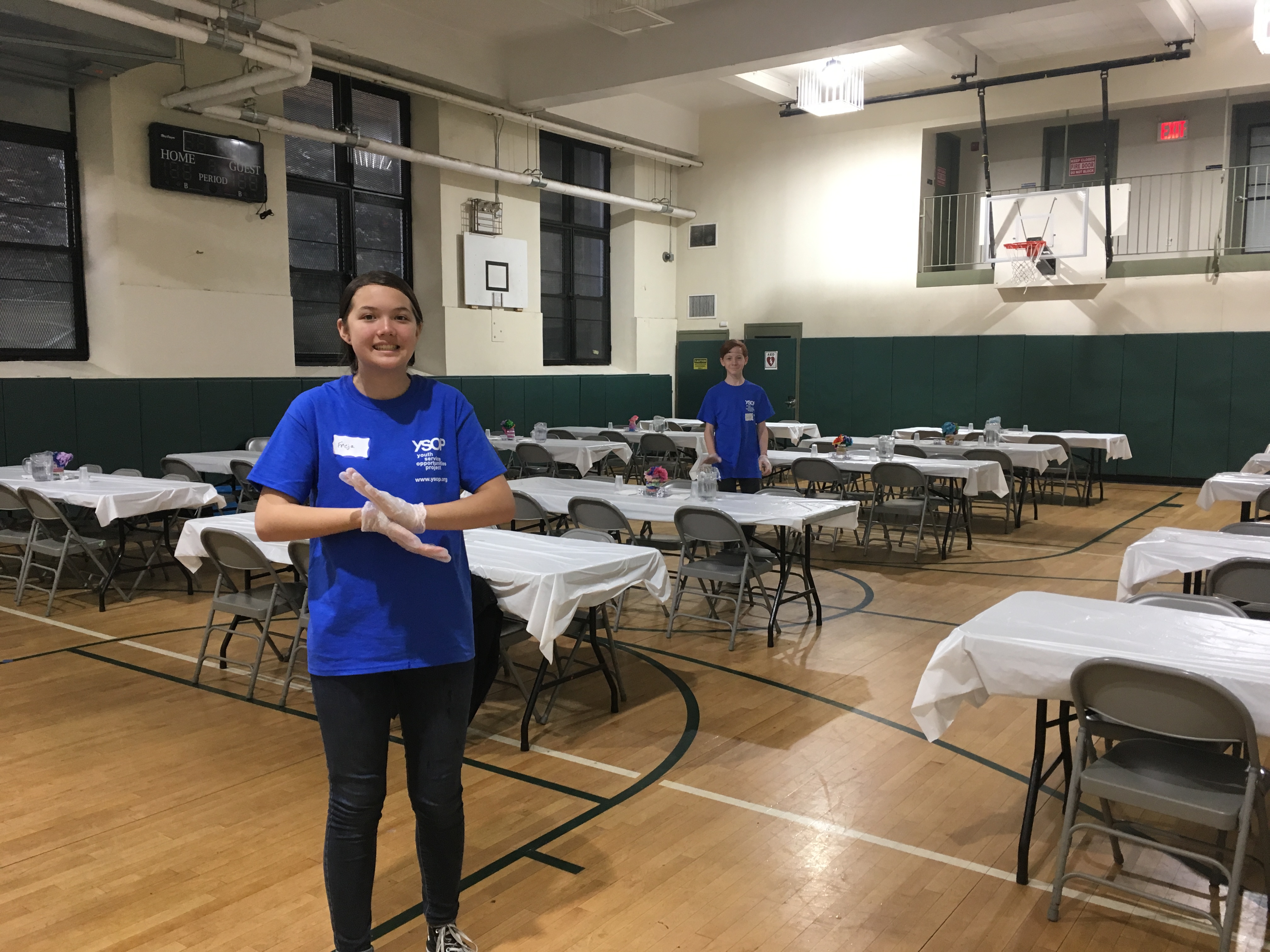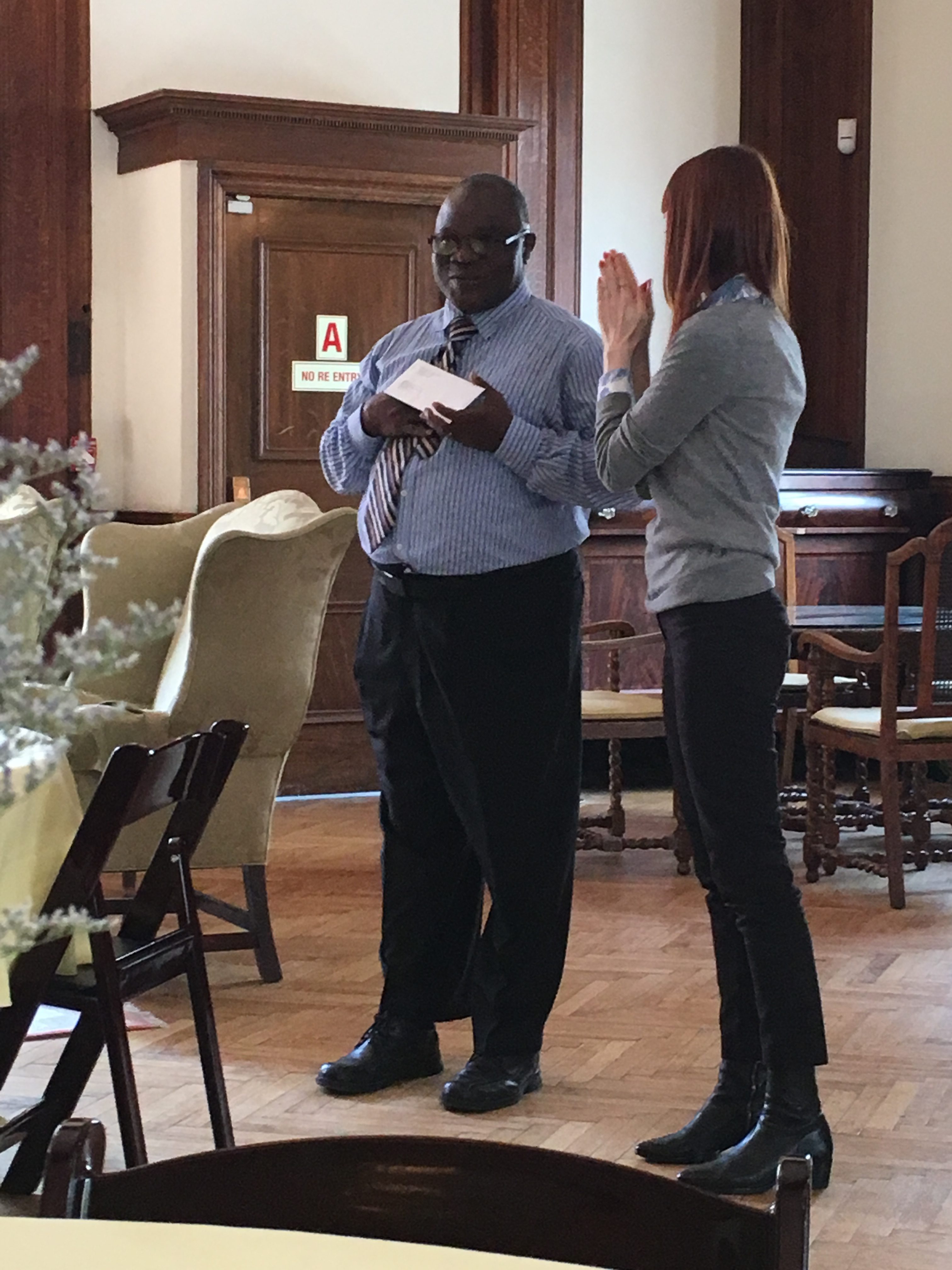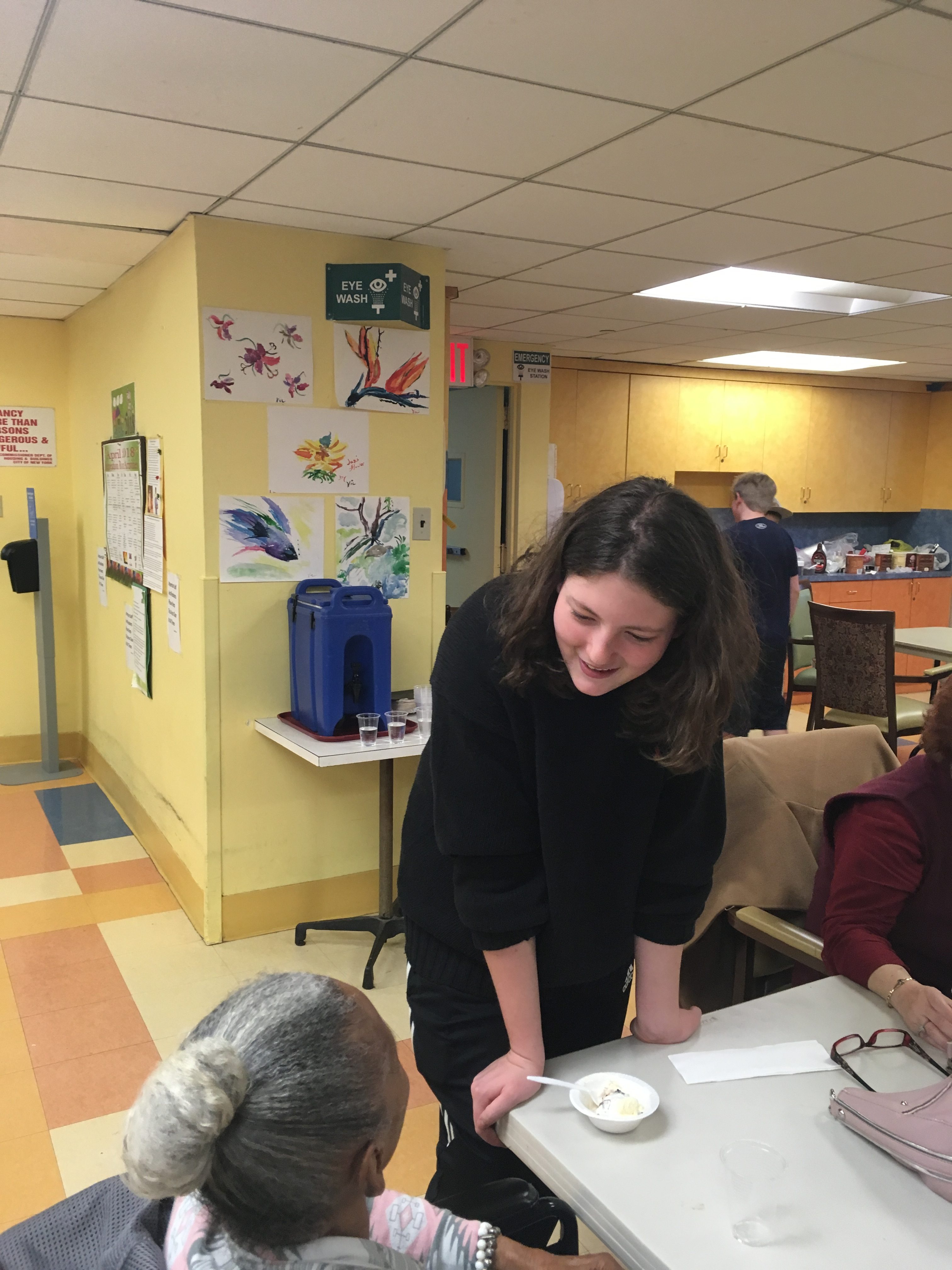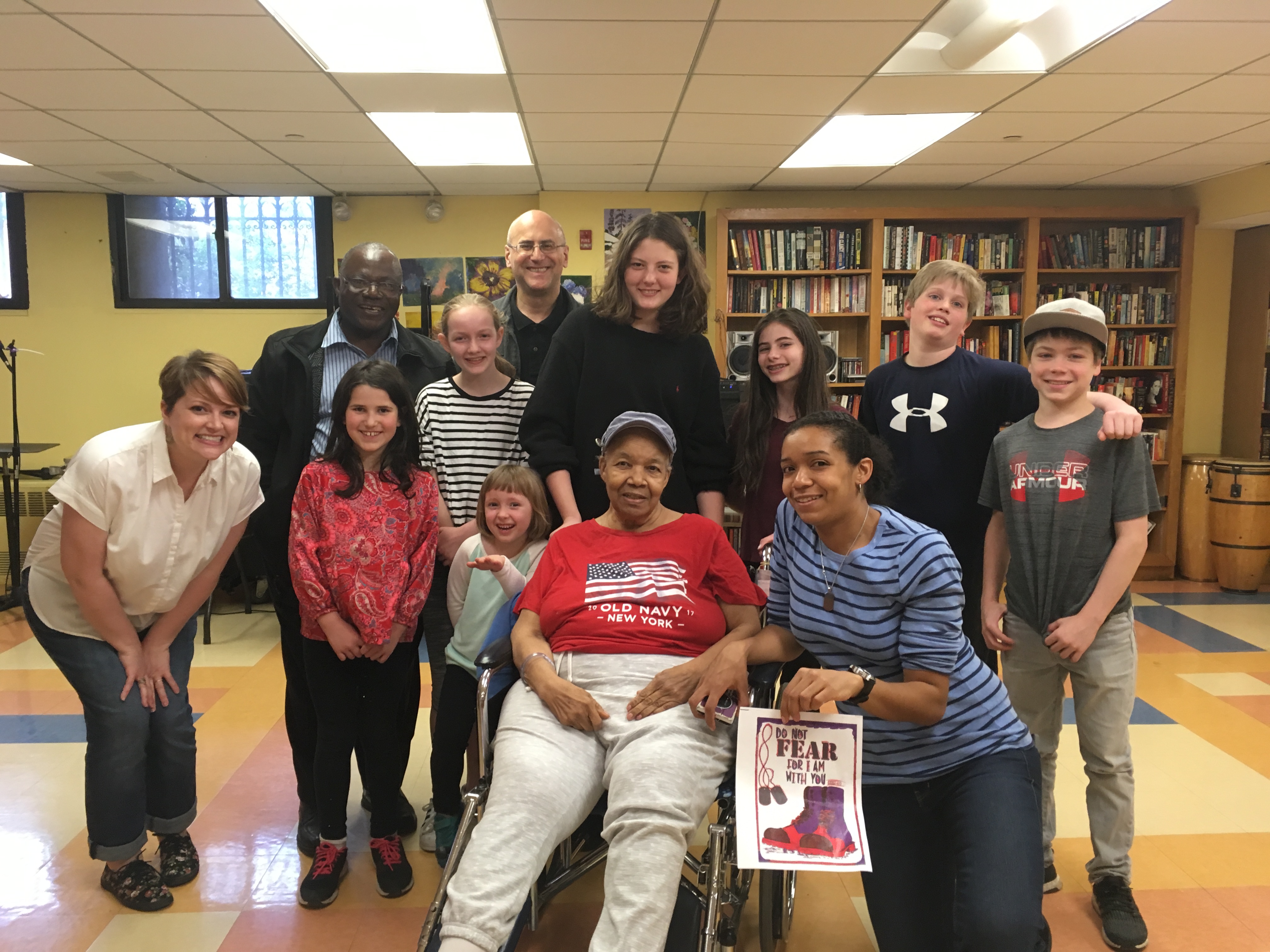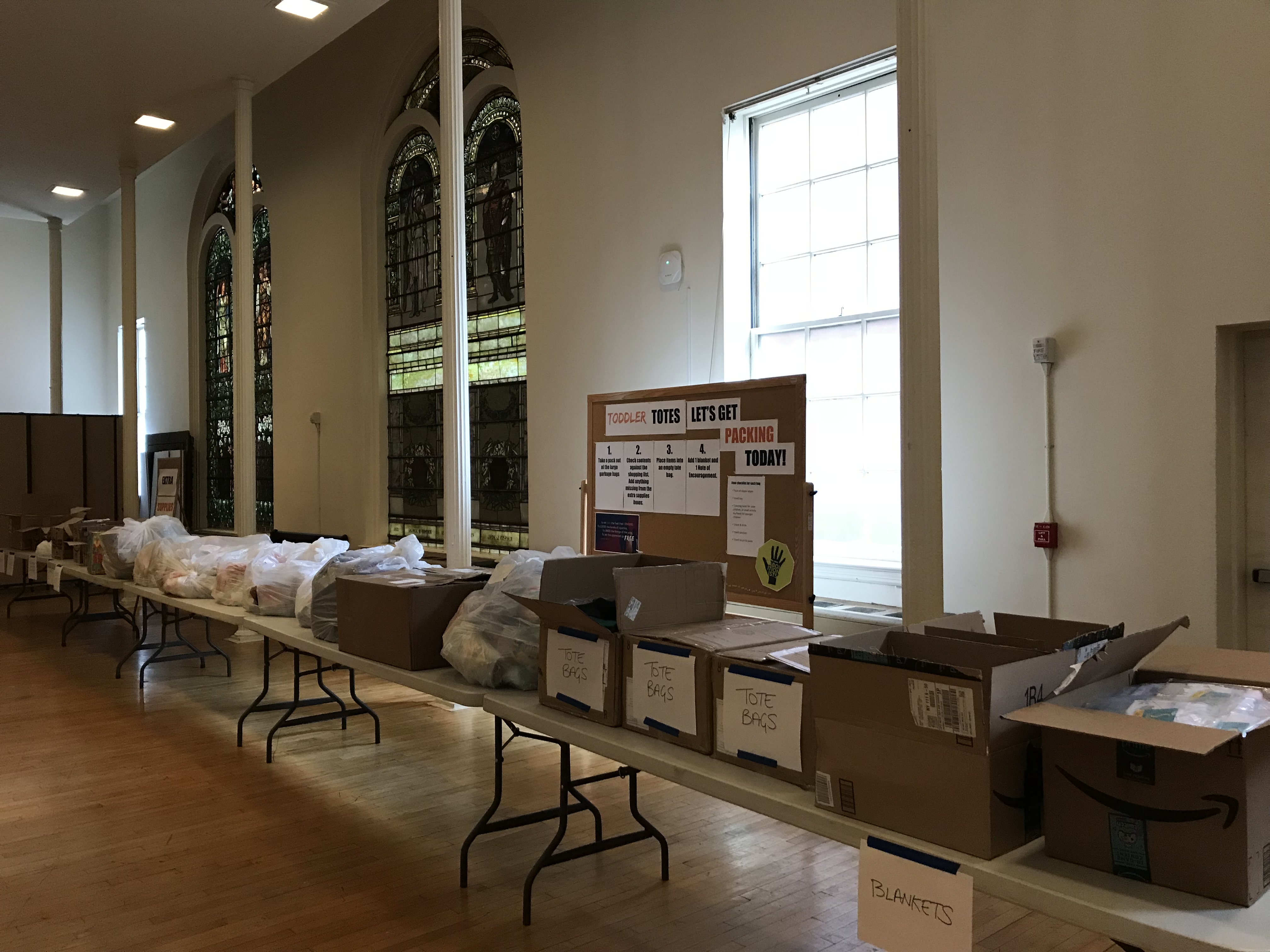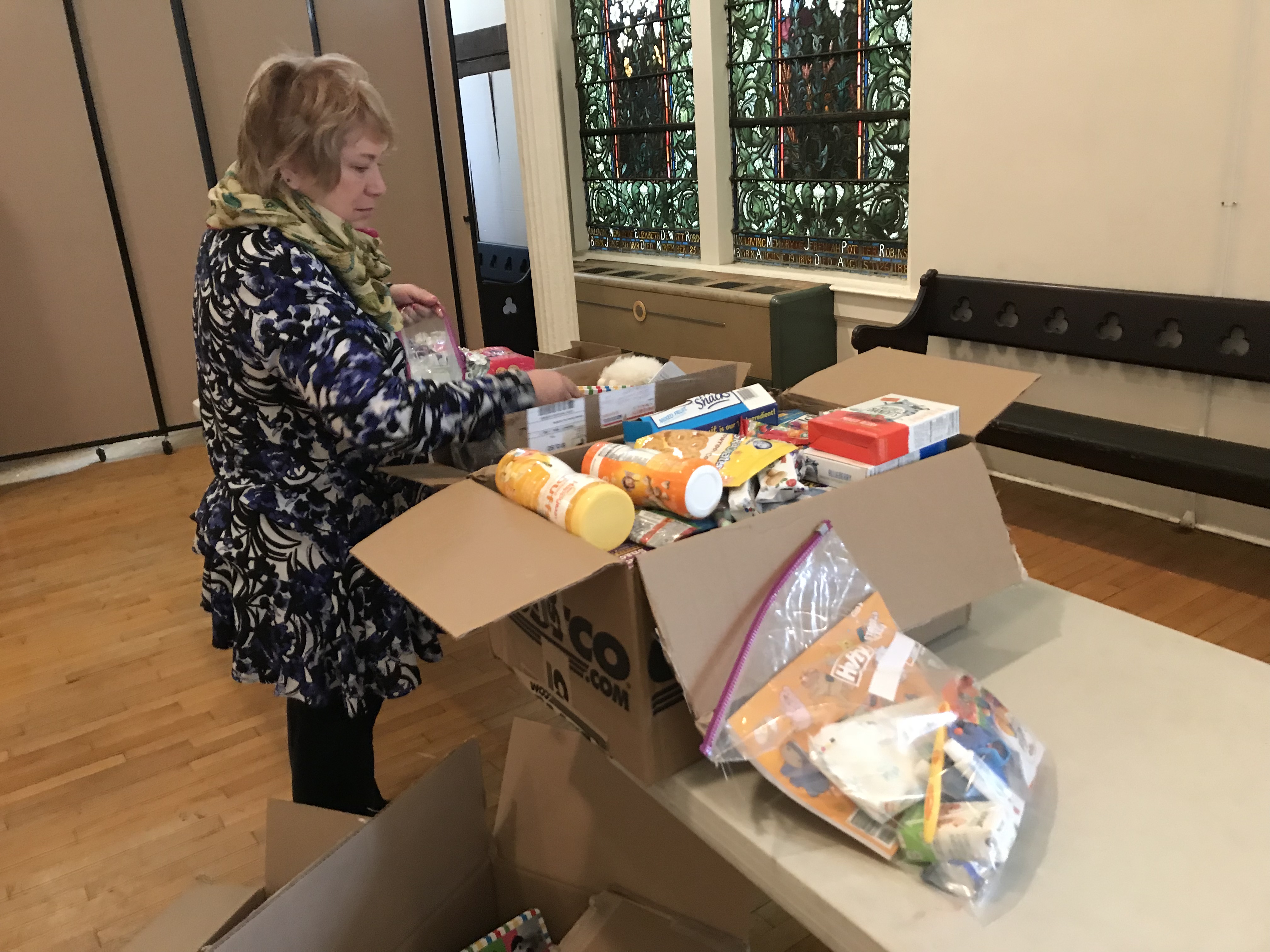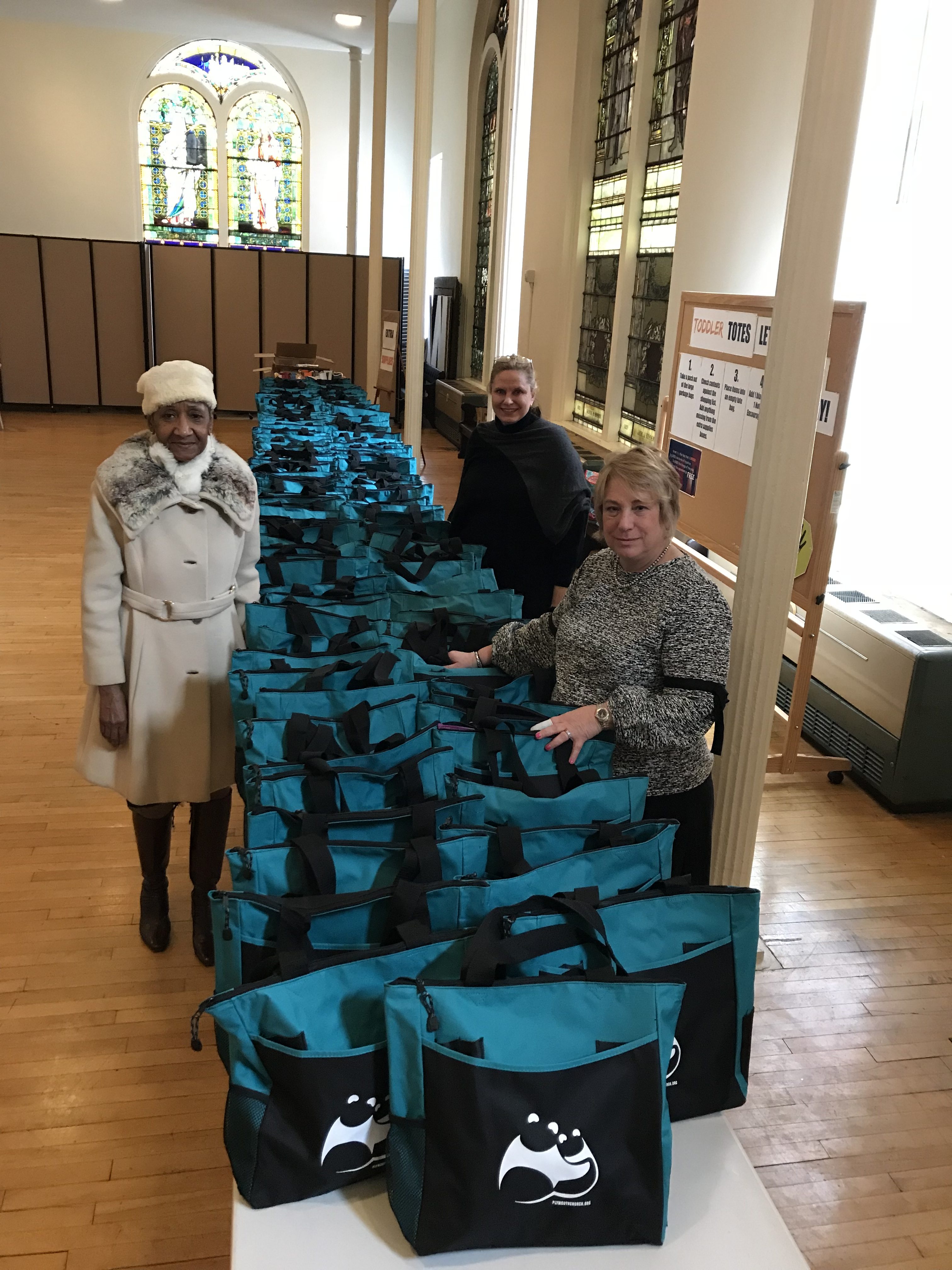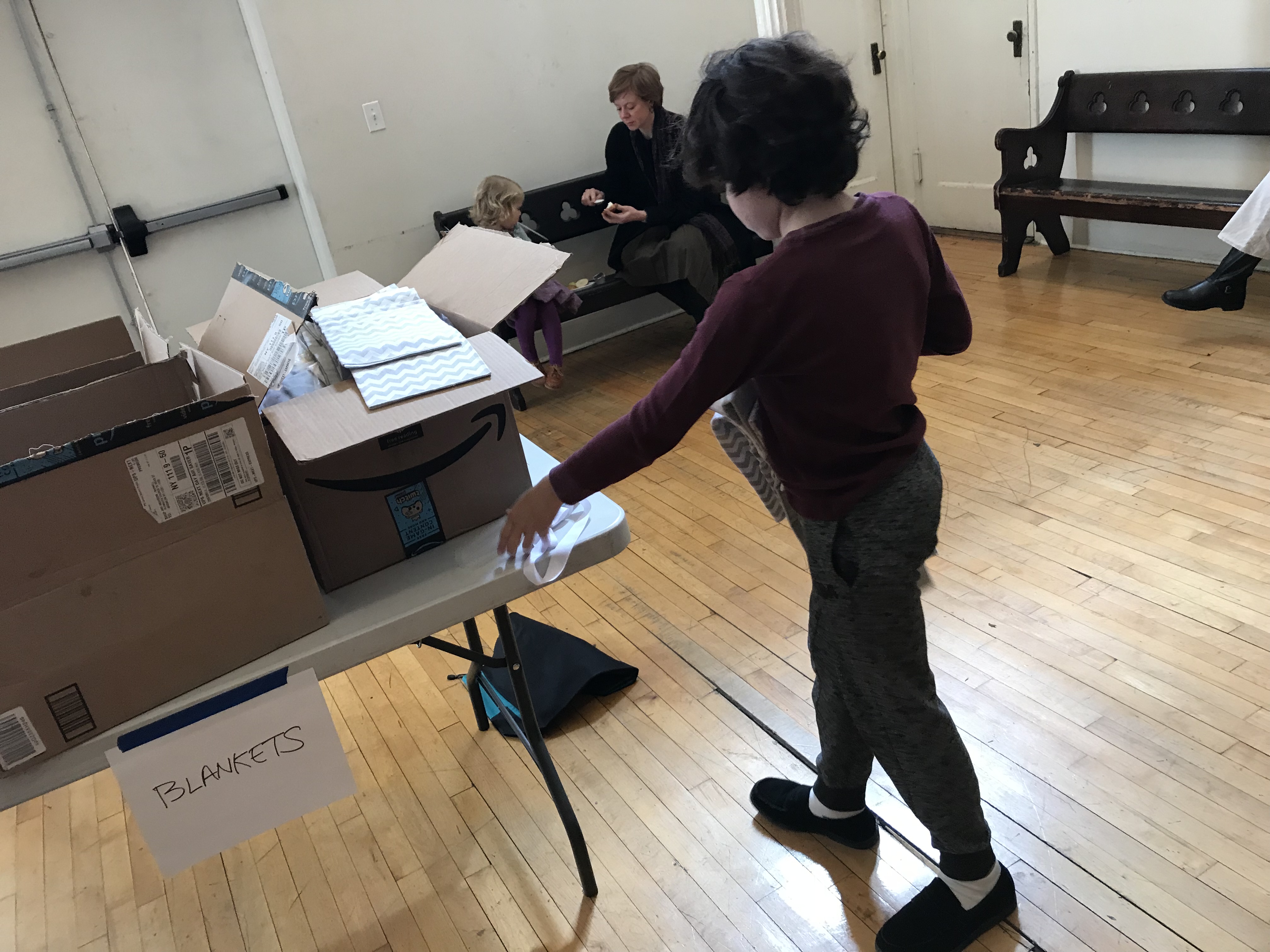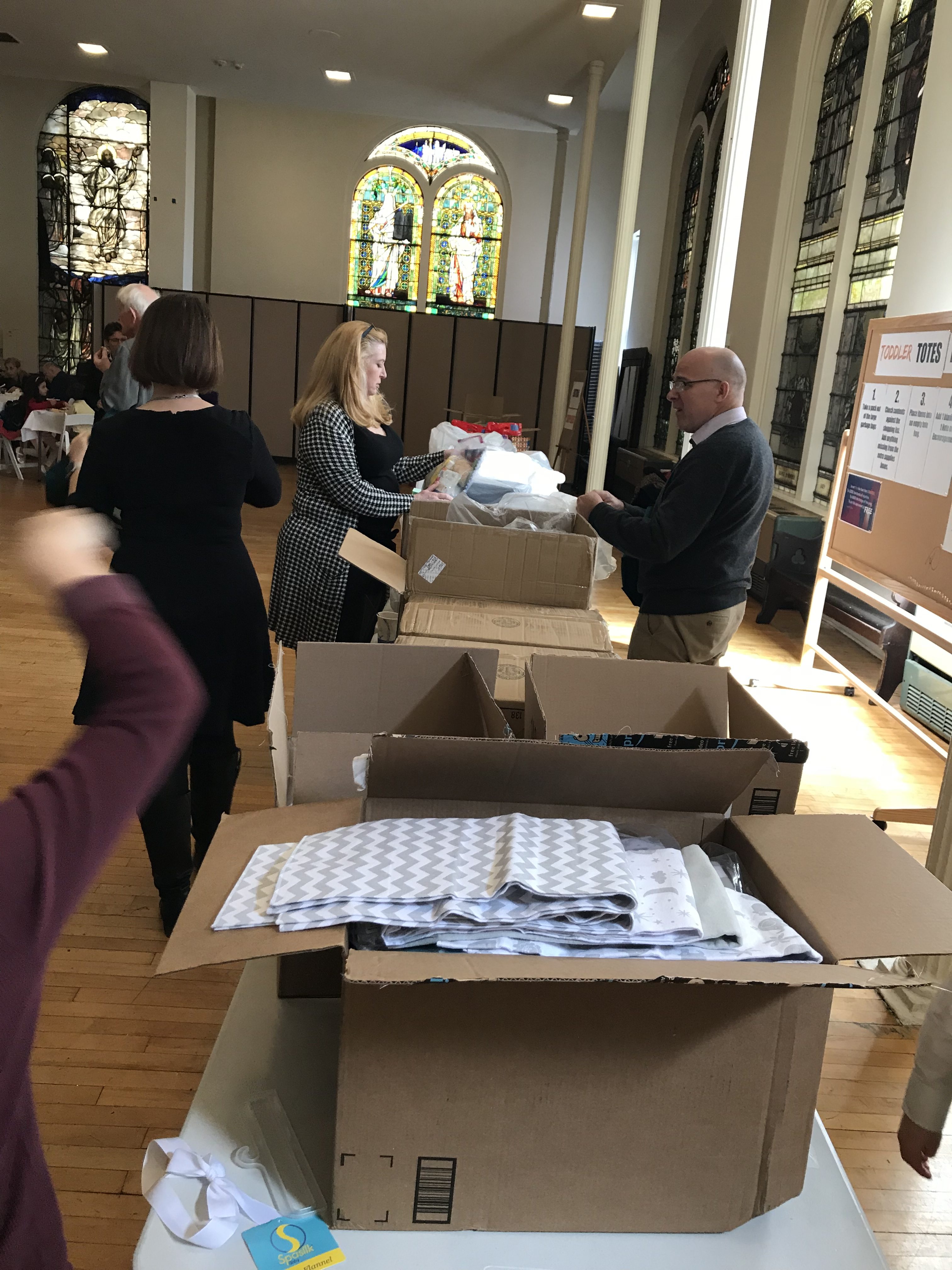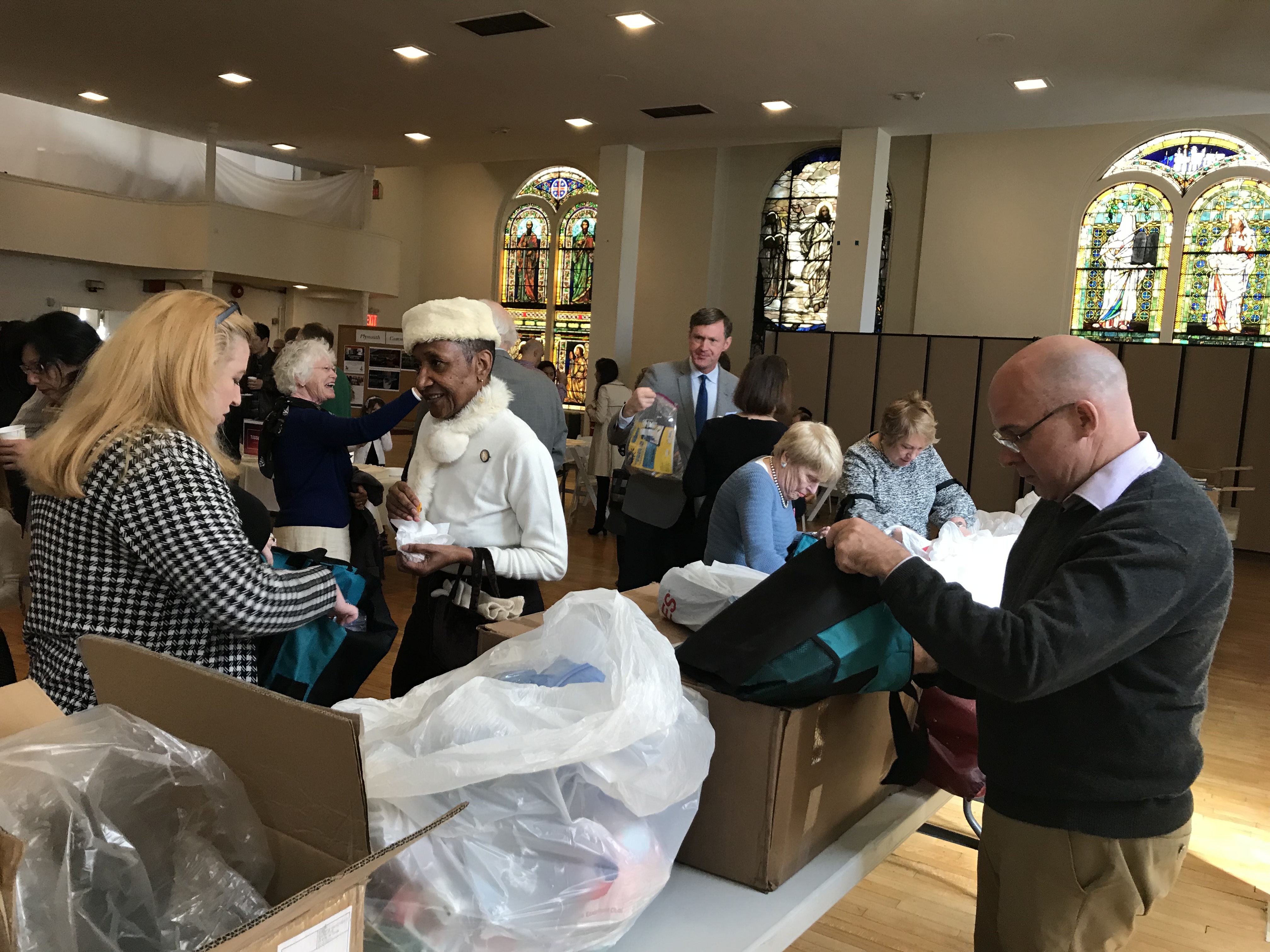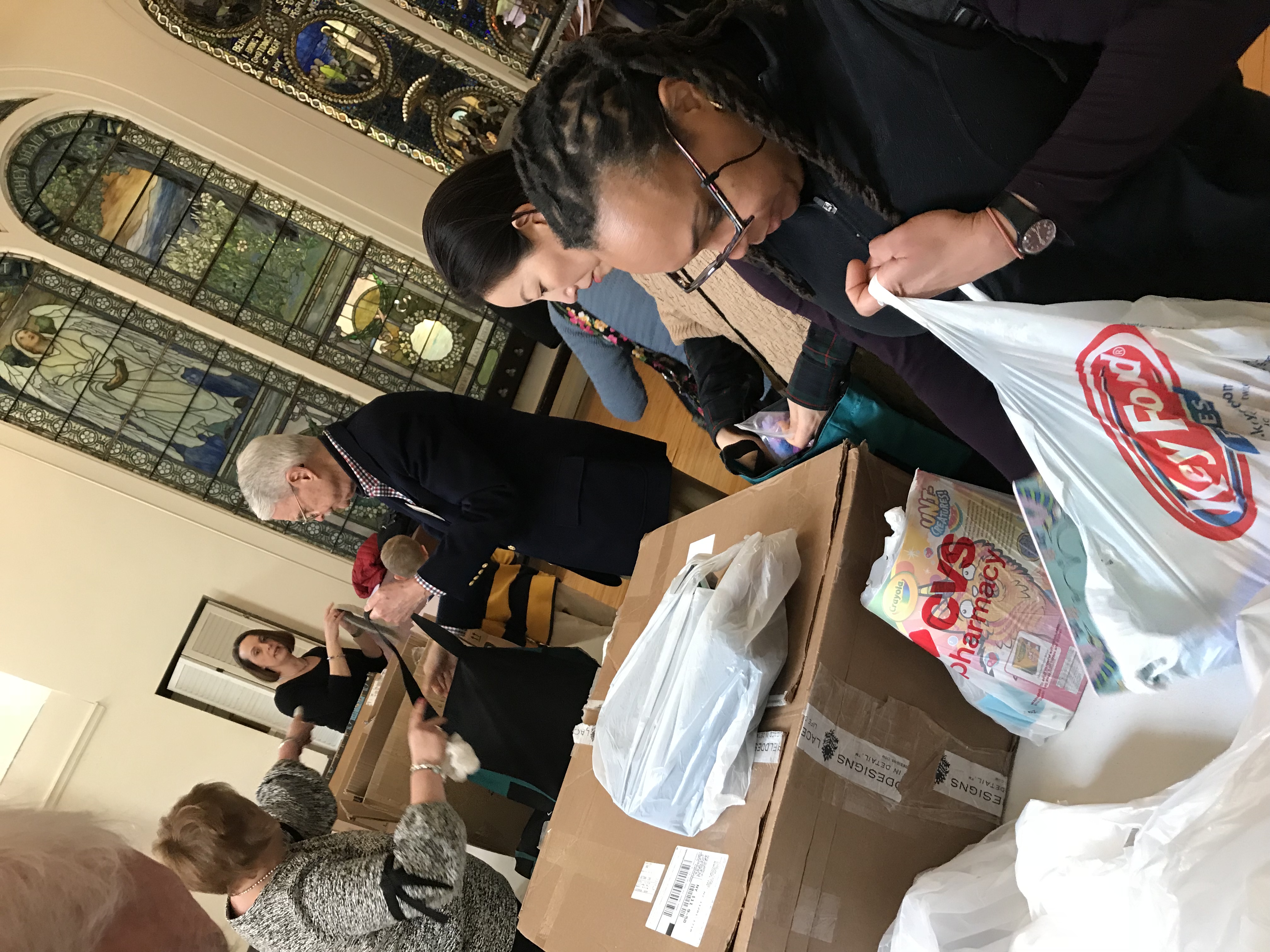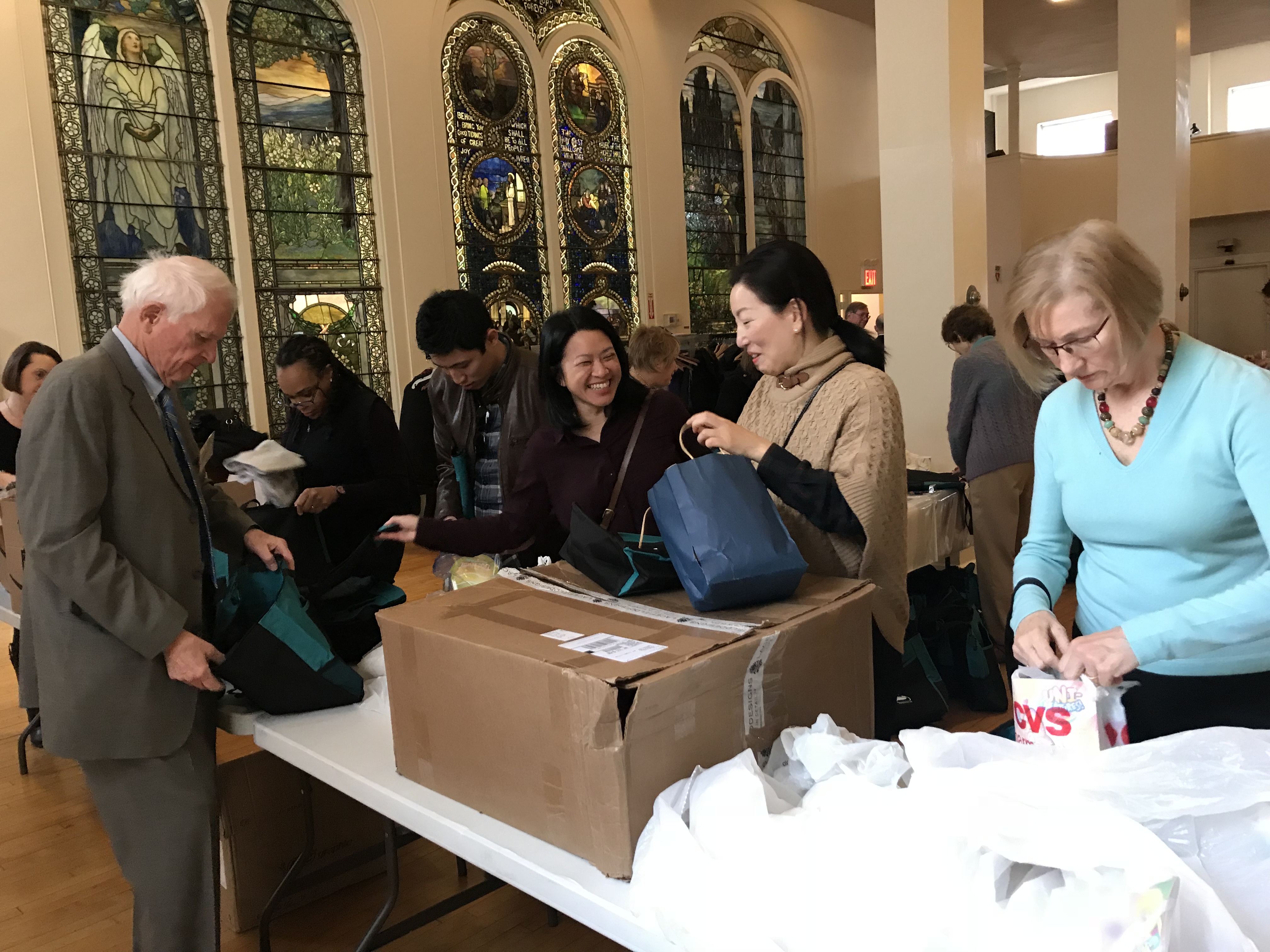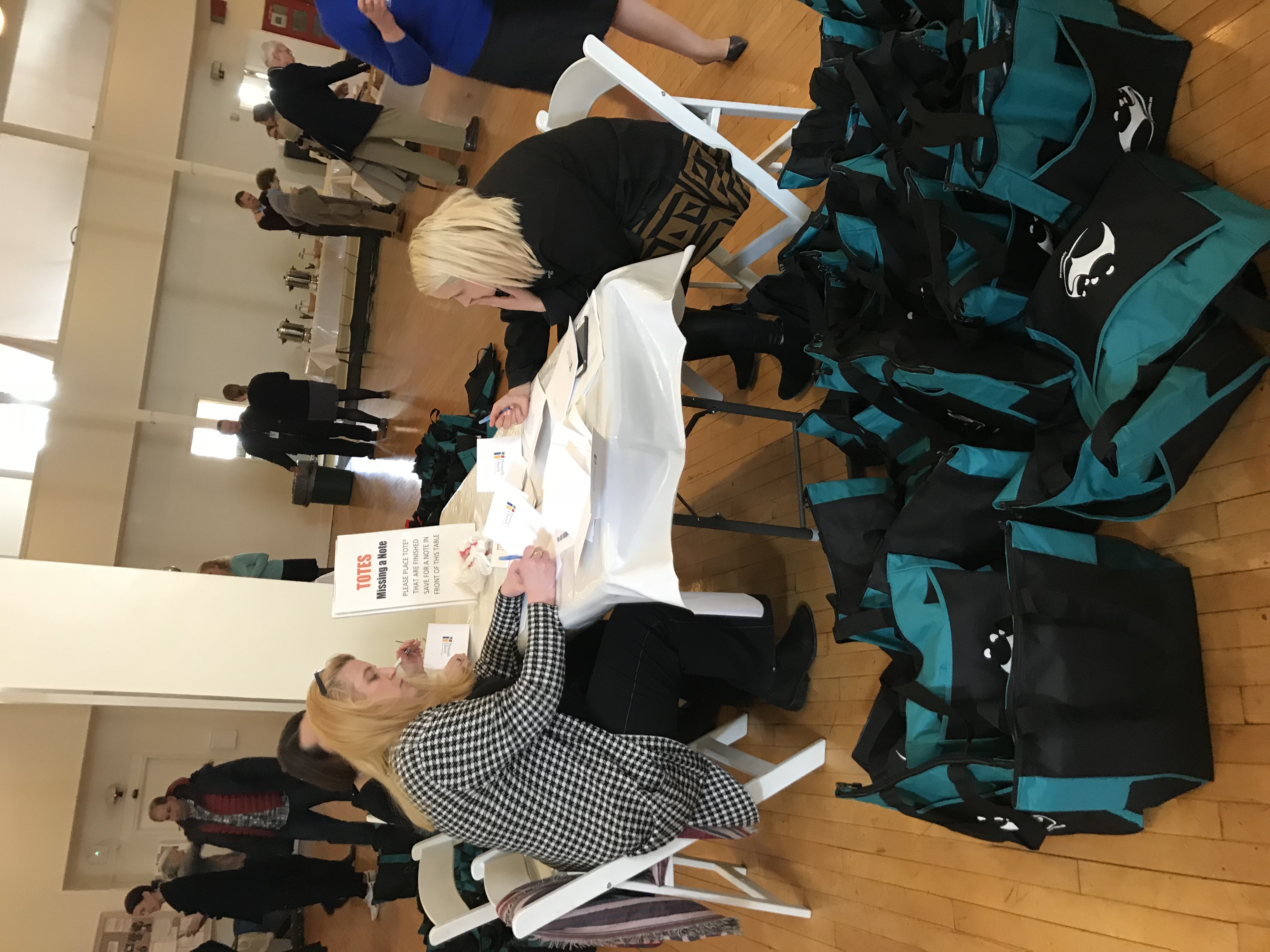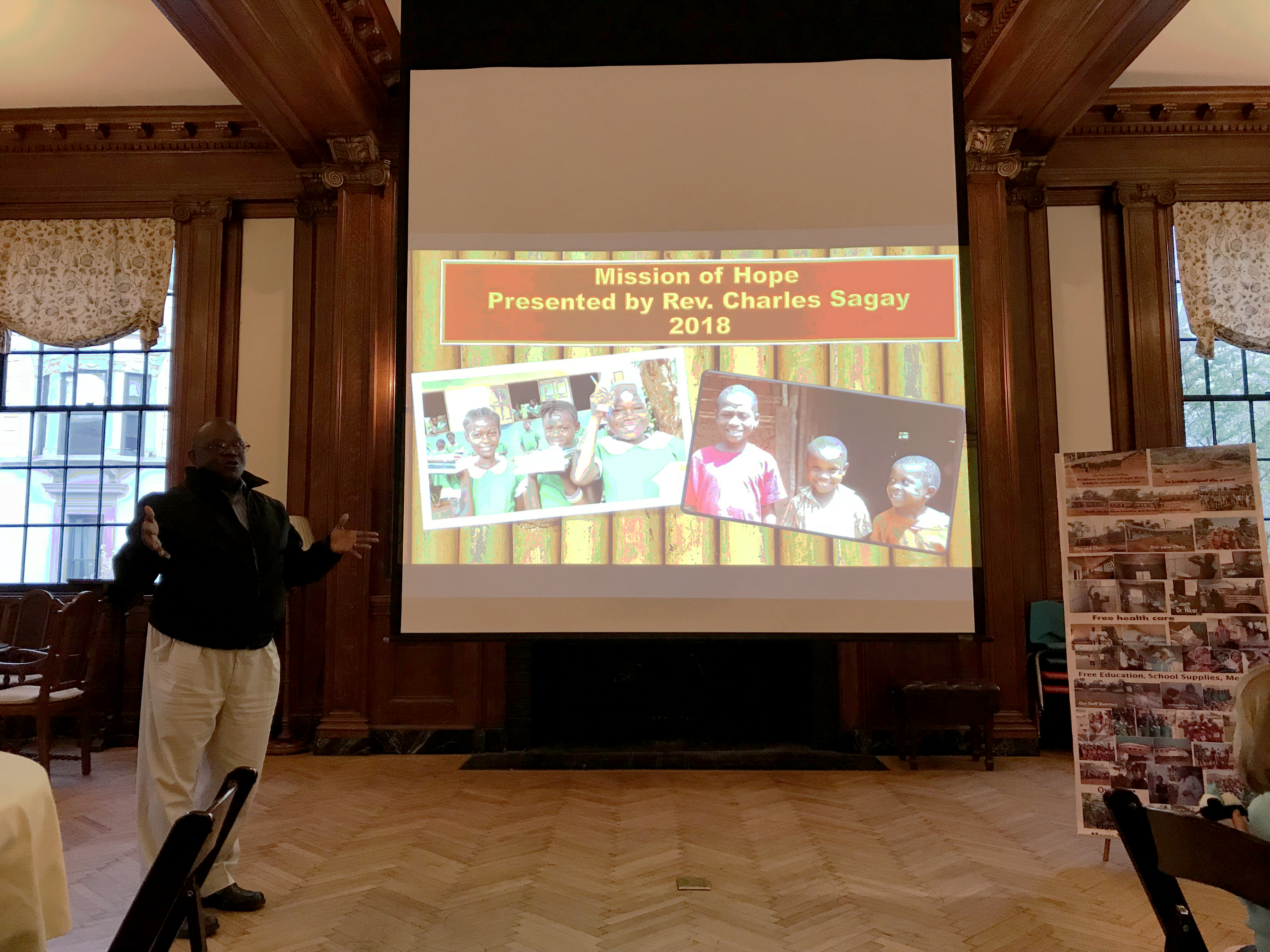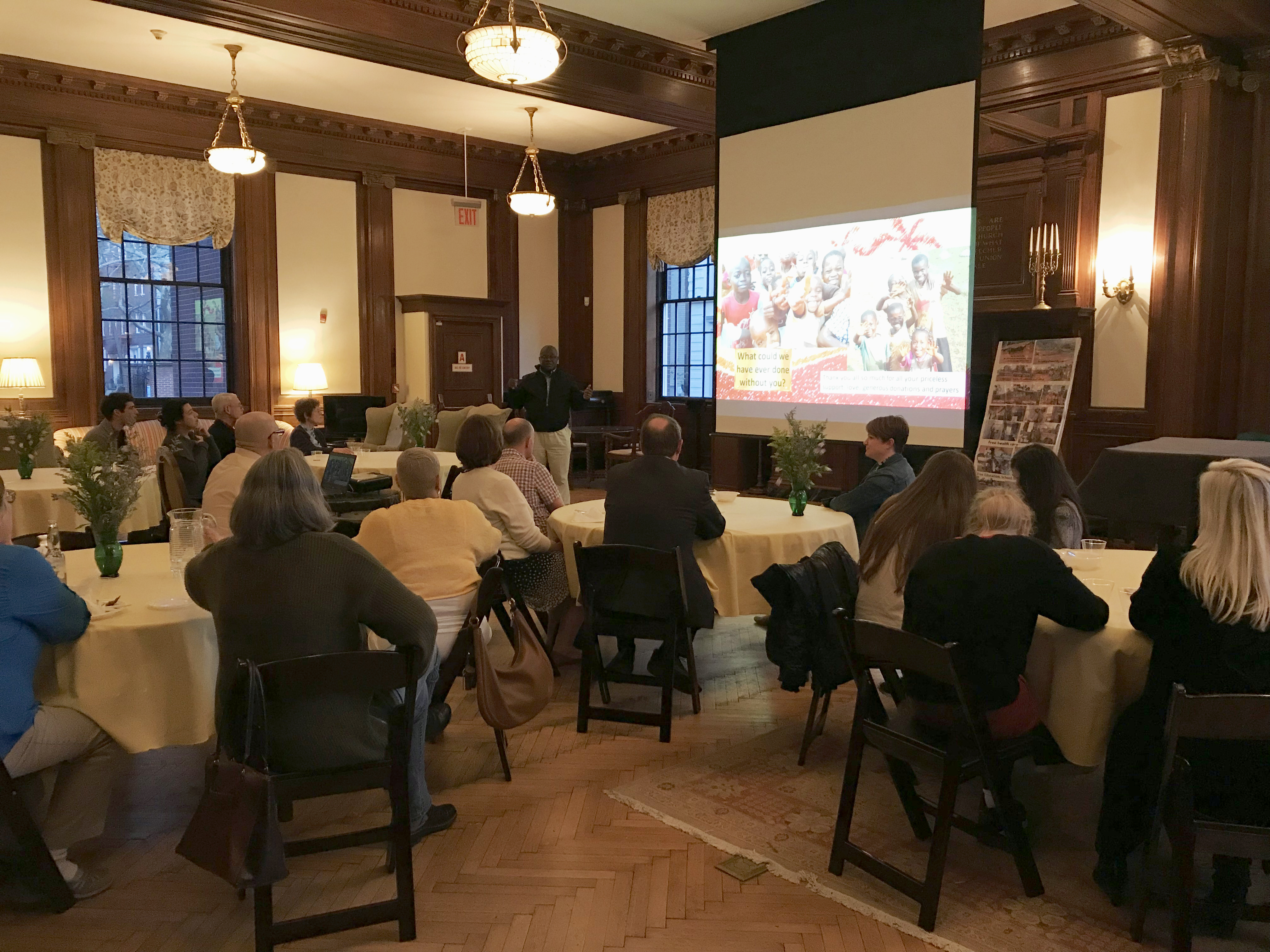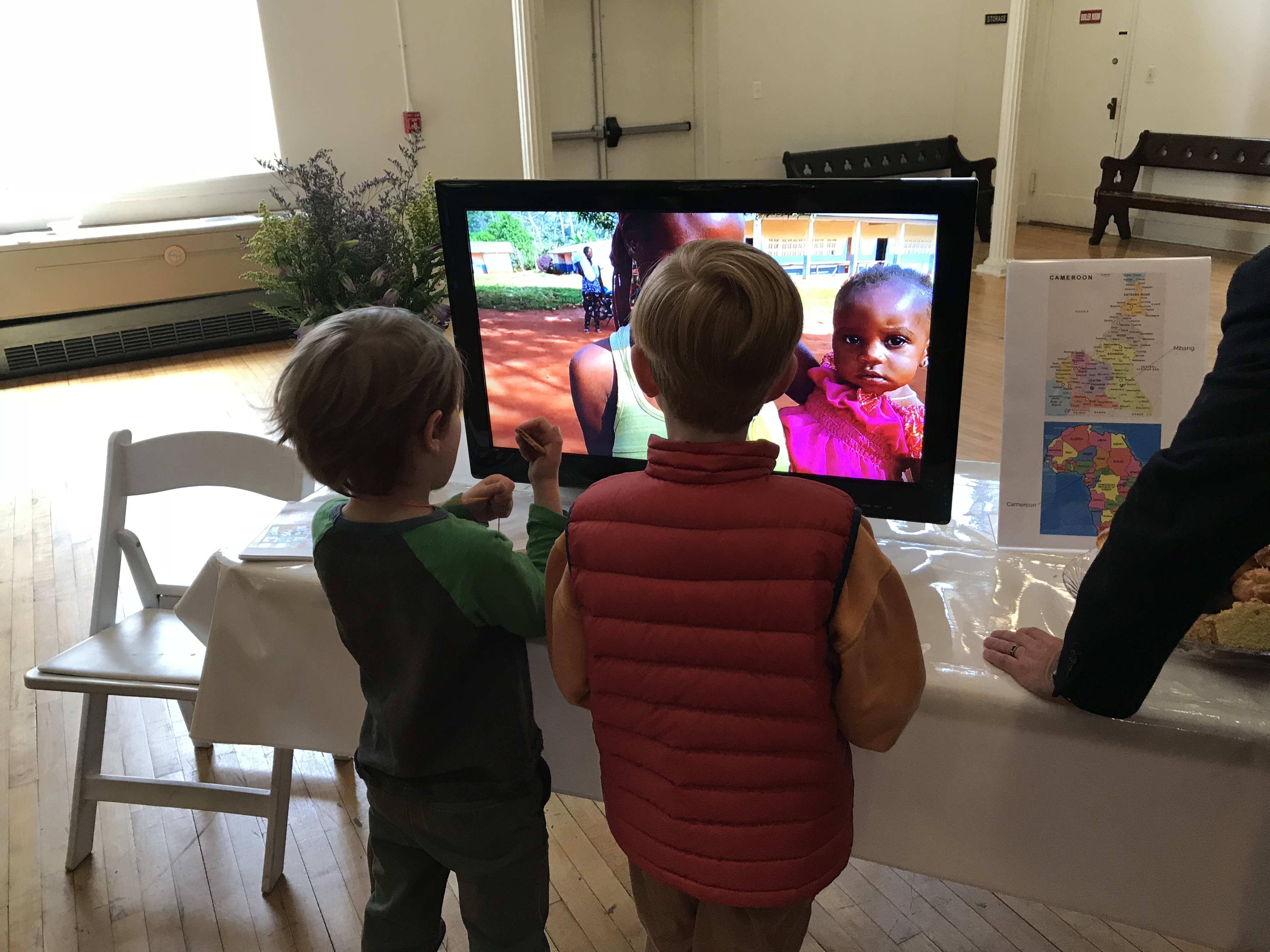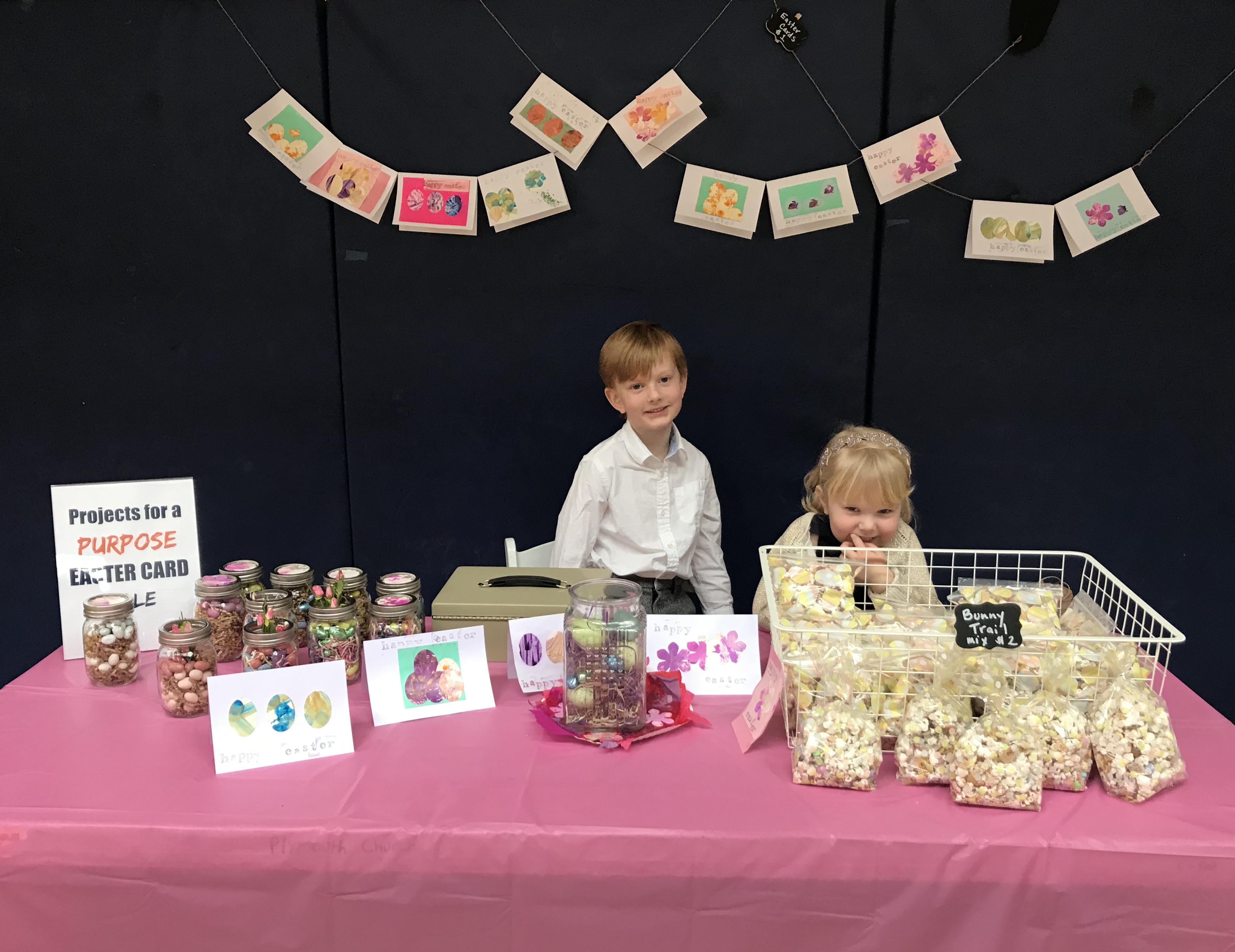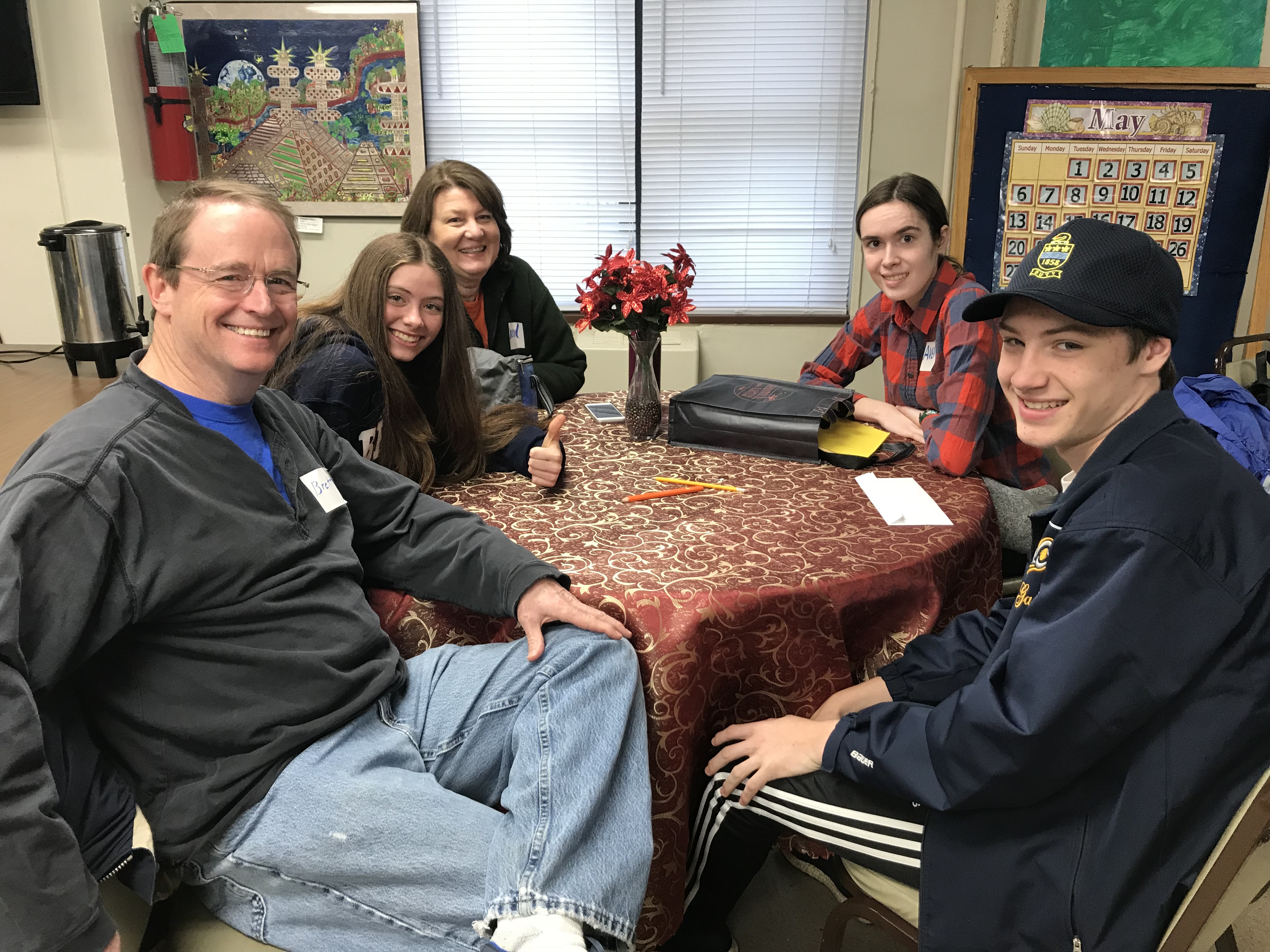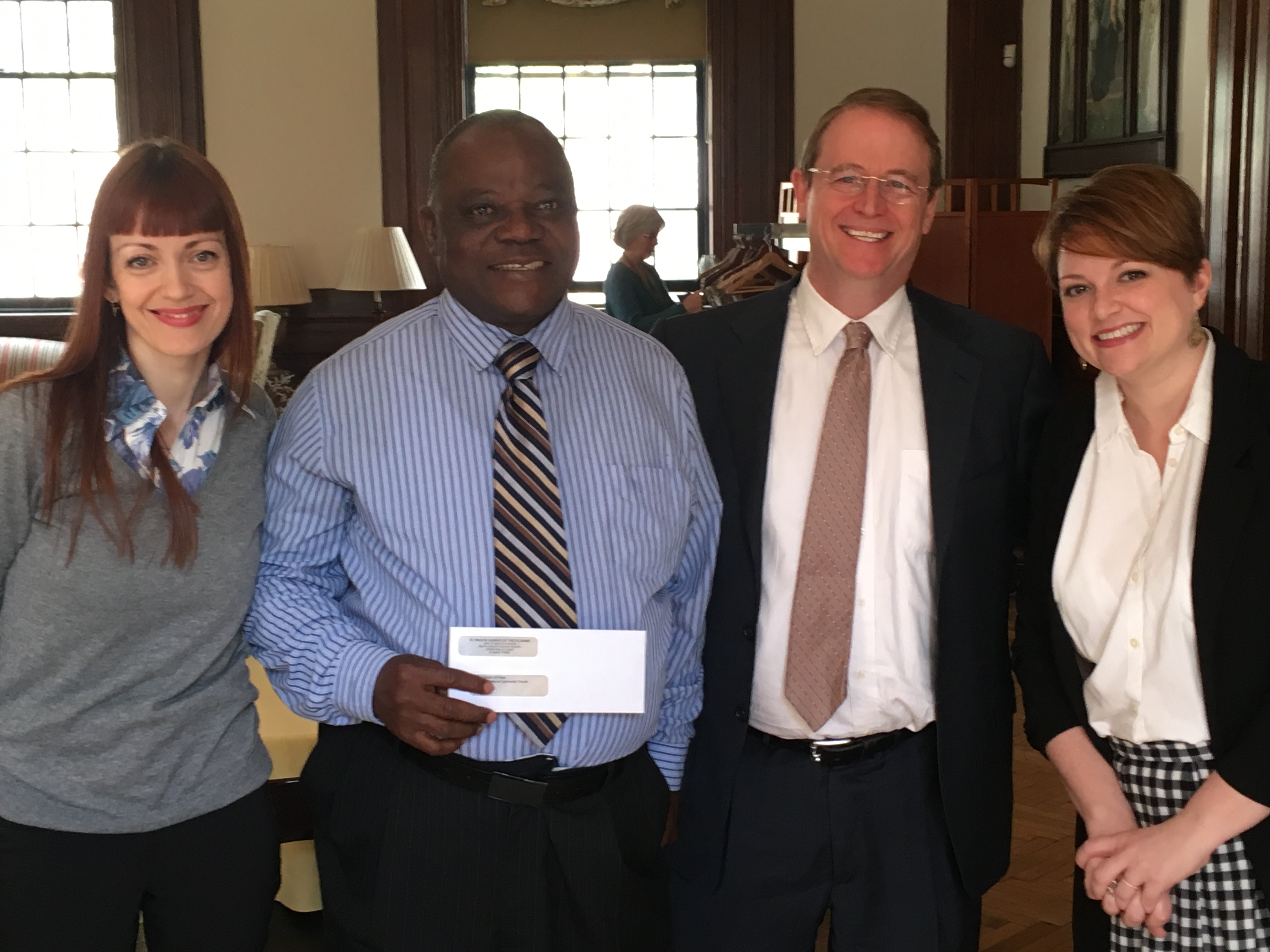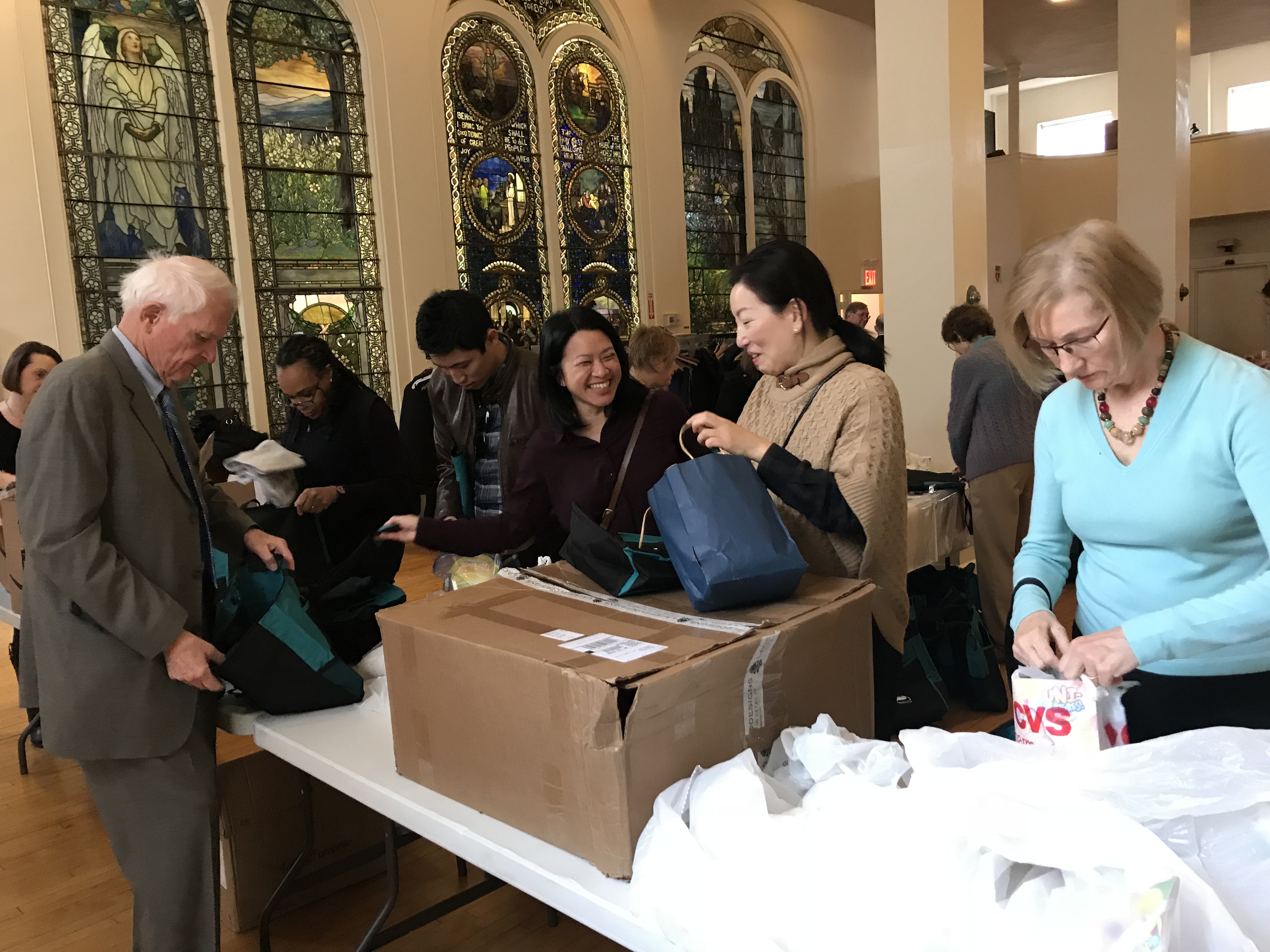The church has taken centuries to understand that in a world that is asleep, coffee is no doze. Opening the church to coffee drinkers has been a long, difficult struggle. Coffee dates back to the fifteenth century and the Sufi monasteries of Yemen. The legend is that the mystic Ghothul Akbar Nooruddin Abu al-Hasan al-Shadhili was traveling in Ethiopia. He saw birds acting unusually lively, and upon trying the berries that the birds had been eating, experienced the same vitality. Coffee was soon part of religious practice in the Islamic world. The Sufis used the beverage to keep themselves alert during nighttime devotions and as a kind of spiritual intoxication when they chanted the name of God.
Because Muslims loved coffee, several Christian groups, including The Ethiopian Orthodox Church, made a big brouhaha and banned coffee. Mormons still avoid this potion made with magic beans.
Churches need to wake up and smell the coffee. When we ask Siri to “find coffee” she lists four places within 800 feet of Plymouth. Our neighborhood has more coffee shops than churches.
Coffee is the most important meal of the day for many. In the midst of the daily grind, coffee is invigorating. A yawn is a silent scream for coffee. Sleep is a symptom of caffeine deprivation. Coffee smells like freshly ground heaven and tastes like hopes and dreams.
When we are holding a cup of coffee, the warmth radiates through our hands. The smell drifts through the air. The cream goes into black coffee and magically changes it into good to the last drop caramel. This sensual experience helps our sleepy selves greet the day with gratitude. We reflect on what we are worried about and what we now have the energy to achieve.
Worship would be less lively without a cup of joy. We can tell a lot about a church from how they caffeinate worshippers. My parents’ Baptist church is Folgers. Unitarians drink fair trade coffee. Mennonites have Kuerig committees that wash and recycle those little cups. Presbyterians have long filled their fellowship halls for the sacrament of coffee hour. Catholics serve decaf at midnight mass. Sharing coffee is a way of saying, “We love you a latte.”
The church house at Plymouth was built with coffee money. In the early 1900s, the Arbuckle Brothers’ coffee factory in Brooklyn roasted more coffee than any other building in the world. John Arbuckle, “the Coffee King,” changed how coffee was made. He roasted and ground coffee beans onsite and packaged the coffee in one-pound bags. Coffee money paid for the Plymouth Institute.
“Would you like a cup of coffee?” is an offer of friendship. Coffee turns a counseling session into a conversation between friends. Saying “Yes” to coffee at the end of a meal is a promise to hang around.
Here is a question that will begin to percolate one day. Would coffee be a better symbol for communion? Grape juice is dull. Wine puts you to sleep. Coffee refreshes, revives, and stimulates. The Lord’s Table could be a coffee table. If we drank coffee at communion, we could get rid of the tiny shot glasses. Picture those little communion cup holders on the backs of pews becoming real cup holders. Coffee would be a fine symbol for the enlivening of the Spirit that happens at the table.
When we celebrate communion it will be with wine and grape juice, but there will be coffee in Hillis so we can fill the church with sweetness and light.

